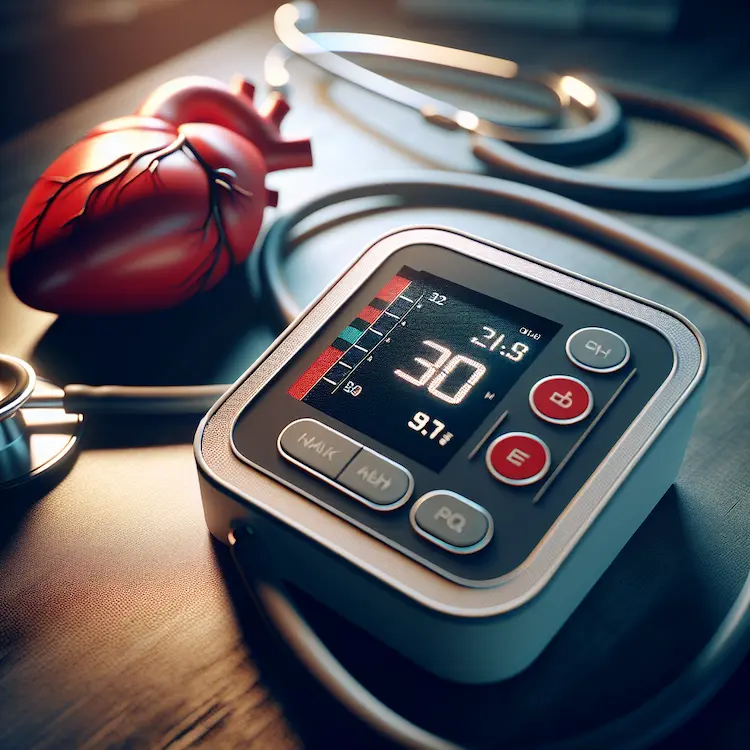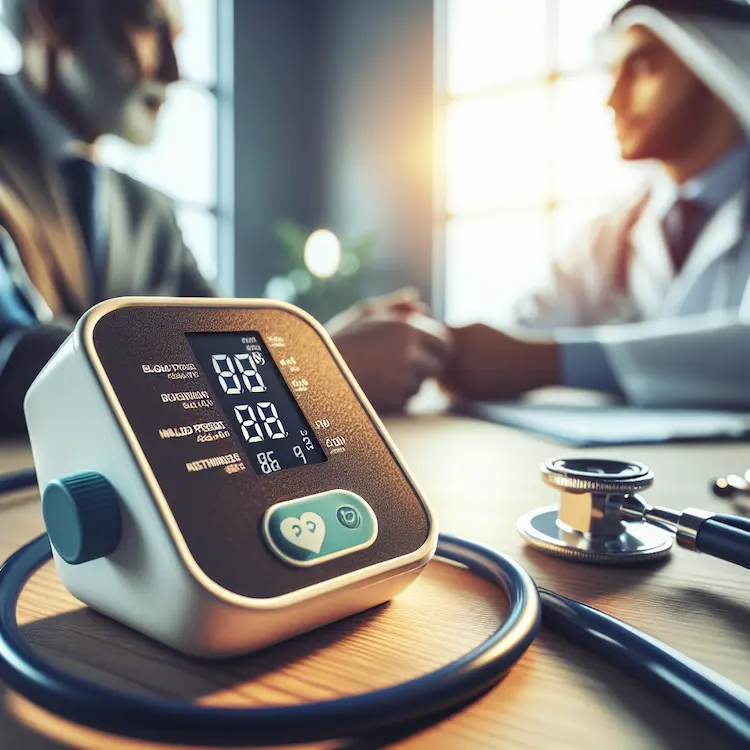Blood pressure is a critical vital sign that plays a significant role in our overall health, particularly when it comes to heart disease. This article explores the intricate relationship between blood pressure and cardiovascular health, shedding light on how maintaining optimal blood pressure levels can significantly reduce the risk of heart disease.
Blood pressure is the force exerted by blood against the walls of arteries as the heart pumps it around the body. It is measured in millimeters of mercury (mmHg) and is expressed as two numbers:
A normal blood pressure reading is typically below 120/80 mmHg. However, blood pressure can fluctuate throughout the day and may be influenced by various factors such as stress, physical activity, and diet.
High blood pressure, also known as hypertension, is a major risk factor for cardiovascular disease. When blood pressure remains consistently elevated, it can lead to several heart-related complications:

Research has shown a strong correlation between blood pressure levels and cardiovascular risk. The Prospective Studies Collaboration, which analyzed data from 61 studies, found that for every 20 mmHg increase in systolic blood pressure or 10 mmHg increase in diastolic blood pressure, the risk of death from ischemic heart disease and stroke doubled.
This relationship appears to be consistent across different age groups and populations. Even individuals with blood pressure in the “high-normal” range (130-139/85-89 mmHg) have an increased risk of cardiovascular events compared to those with optimal blood pressure (<120/80 mmHg).
The following table outlines the different blood pressure categories and their associated cardiovascular risks:
| Blood Pressure Category | Systolic (mmHg) | Diastolic (mmHg) | Cardiovascular Risk |
|---|---|---|---|
| Normal | <120 | <80 | Low |
| Elevated | 120-129 | <80 | Increased |
| Stage 1 Hypertension | 130-139 | 80-89 | High |
| Stage 2 Hypertension | ≥140 | ≥90 | Very High |
It’s important to note that the risk of cardiovascular disease increases progressively with rising blood pressure, even within the normal range.
Maintaining healthy blood pressure levels is crucial for reducing the risk of heart disease. Here are some effective strategies for prevention and management:
Regular blood pressure checks are essential for early detection and management of hypertension. The frequency of monitoring may vary depending on your current blood pressure levels and overall health status. Here are some general guidelines:
Home blood pressure monitoring can be a valuable tool for tracking your blood pressure between doctor visits. When measuring at home, it’s important to:

Hypertension is a global health concern with significant implications for public health and healthcare systems. According to the World Health Organization:
These statistics highlight the need for improved awareness, prevention, and management strategies on a global scale.
The link between blood pressure and heart disease is clear and significant. By understanding this relationship and taking proactive steps to maintain healthy blood pressure levels, individuals can substantially reduce their risk of cardiovascular disease. Regular monitoring, adopting a heart-healthy lifestyle, and working closely with healthcare providers are key strategies for managing blood pressure and promoting overall heart health.
Remember, small changes can make a big difference when it comes to blood pressure management. Whether it’s incorporating more physical activity into your daily routine, making dietary adjustments, or simply being more mindful of your blood pressure readings, every step towards better blood pressure control is a step towards a healthier heart.